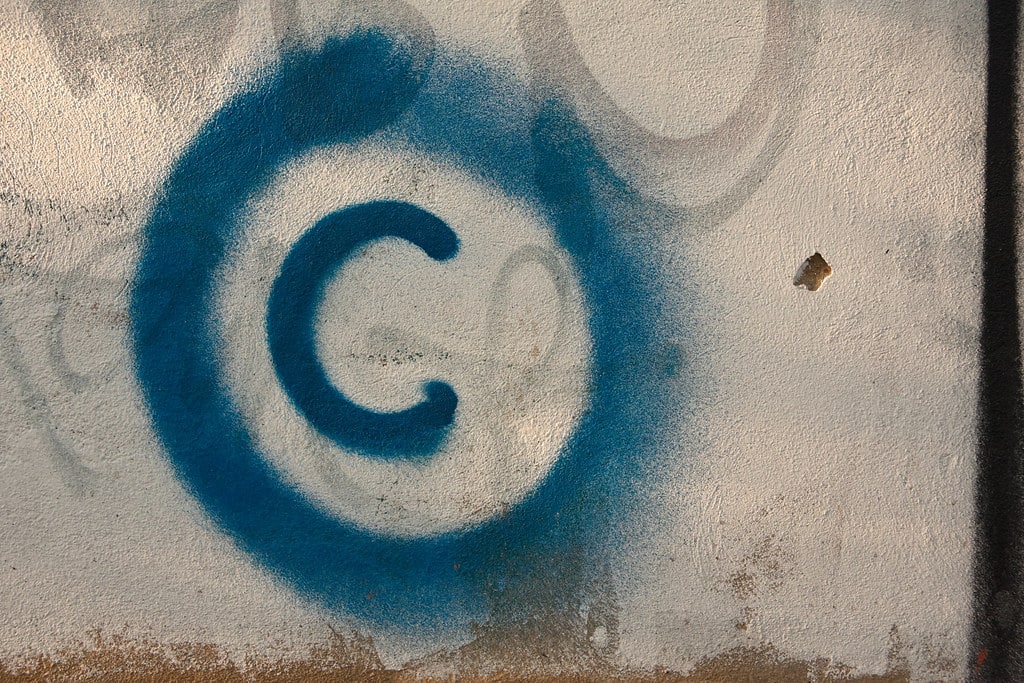Copyright law protects original works of authorship. 17 U.S.C. § 102(a). Generally, the bar for what constitutes “original” is very low. But, at the same time, copyright law DOES require some minimal amount of originality. As one court phrased it, a “modicum [of] creative spark” is needed (in addition to independent creation). In a couple of recent cases, the US Ninth Circuit Court of Appeals has issued interesting opinions on the question of “originality,” but seems to have more than one mind about it. In one case, similar sequences of musical notes were deemed not “original” enough to be protected by copyright law; in the other, similar sequences of words were deemed “plausibly original.”
The first case involved the music to the Led Zeppelin song Stairway to Heaven. See Skidmore v. Led Zeppelin, 952 F.3d 105 (9th Cir. 2020). In that case, it was alleged that a sequence of about five musical notes was copied by Led Zeppelin from a song called Taurus, written and performed by Randy Wolfe, the lead guitarist for a band called Spirit. The plaintiff alleged that the beginning of both songs contained a similar set of five descending notes of a chromatic musical scale in A minor. The case went to trial and, eventually, the jury returned a verdict in favor of Led Zeppelin. Despite the use of a similar chromatic musical scale, the jury found that Stairway To Heaven was NOT substantially similar to Taurus.
The plaintiff appealed and, among other challenges, asserted that the instructions given to the jury were wrong and prejudicial. In particular, the plaintiff complained about what was called “Jury Instruction No. 16” which stated in part:
“Copyright only protects the author’s original expression in a work … [but] does not protect ideas, themes or common musical elements, such as descending chromatic scales, arpeggios or short sequences of three notes.”
In effect, this jury instruction explains that certain common musical elements cannot be owned by any individual and are not protectible under the copyright law. Fortunately for Led Zeppelin, the Court of Appeals held that Jury Instruction No. 16 was proper and was a correct statement of the. The court concluded that the descending scale of five notes was a common musical element that was not protectible.
The contrasting case is Hall v. Swift, Case No. 18-55426 (US 9th Cir. 2019) (unpublished) which involved the Taylor Swift song called Shake It Off. The plaintiffs in that case alleged that Shake It Off copied lyrics from a song called Playas Gon’ Play performed by 3LW. That song contains these lyrics: “Playas, they gonna play / And haters, they gonna hate.” Shake It Off contained these lyrics: “Cause the players gonna play, play, play, play, play/ And the haters gonna hate, hate, hate, hate, hate.”
Swift was sued for copyright infringement. At the trial level, the judge dismissed the claims made by writers of Playas Gon’ Play because the lyrics were “too brief, unoriginal, and uncreative.” On appeal, the Ninth Circuit Court of Appeals reversed and issued a brief opinion stating that the lyrics were “plausibly” original. The Taylor Swift case was returned to the trial court for further proceedings.
The two cases present an interesting contrast. Both cases involved songs, but one involved alleged copyright infringement of the music and the other involved the lyrics. It seems that, for the Ninth Circuit Court of Appeals, musical notes are easier to deem “common” and “unoriginal” than words. This sort of nuance and complexity is one reason to retain experienced copyright lawyers — like those at Revision Legal — if you need help protecting your copyrights and other intellectual property.
For more information, contact Revision Legal at 231-714-0100.




